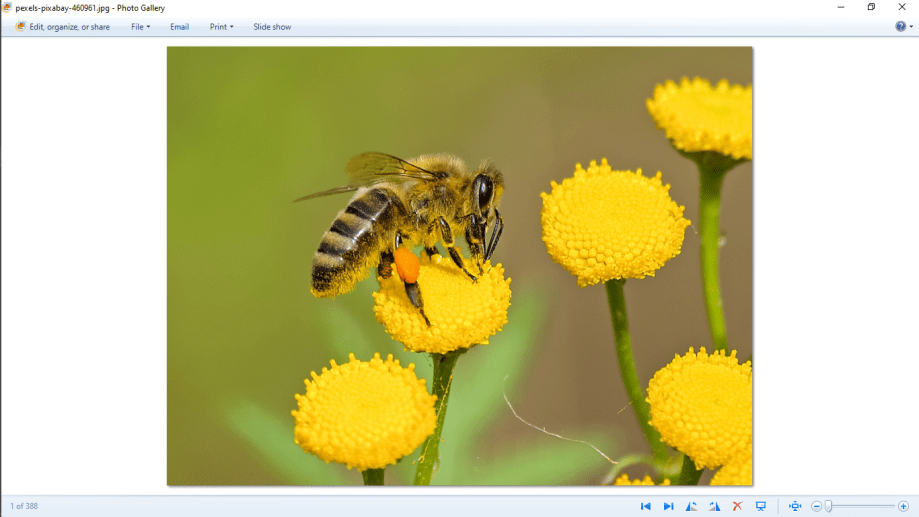Stanstead Township invites its population to take up the challenge: May without a mower !
The awakening of vegetation in the spring is an opportunity for pollinators (those insects that are at the heart of nature’s reproductive system) to find food so as not to starve before the summer season really begins. Due to ever more intensive use of pesticides, and social pressure to maintain and mow our lawns as soon as the temperatures rise, the plight of honey bees and already declining wild pollinators is only getting worse.
We also know that ticks are particularly active at this time of year and we understand the desire to prevent any bites.
It is suggested that only part of your land be cleared so that you can enjoy it without worry. You can decide to clear an alley on your property to go from one section to another without fear or just clear a play area for children.
We strongly recommend leaving most of your land untouched for the entire month of May. Our nature deserves it!
***By compiling several European and American studies*, the University of Quebec at Trois-Rivières has shown that lawns form ecosystems with low biodiversity and that the state of the premises deteriorates further when the intensity of mowing increases. A high mowing intensity would thus be linked to a drop in the number of invertebrates, a loss of plant diversity and the increased presence of insects and undesirable plants. We therefore have every good reason to review our way of doing things.
* Ecological and economic benefits of low-intensity urban lawn management, Christopher J. Watson, Léonie Carignan-Guillemette, Caroline Turcotte, Vincent Maire, Raphaël Proulx, Journal of Applied Ecology, 19 Dec. 2019
